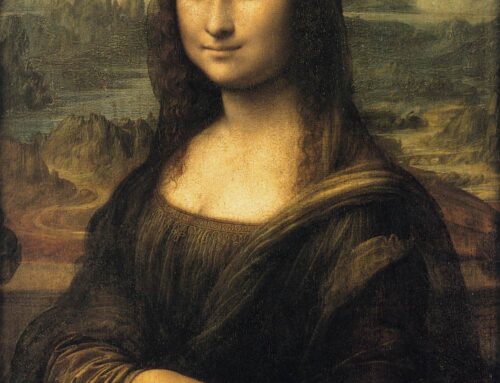Experts in very specific areas of the humanities such as the history of plagues or “death studies” can bring their insights to the table, but it is far less immediately clear what many other fields can contribute. It seems unlikely that a deep knowledge of baroque opera or Impressionist painting, however valuable in other ways, is going to be of much use during a pandemic or in rebuilding societies afterwards. So where do scholars in the humanities and the organisations that speak for them feel they have something to offer?
For Alan Bowman, Camden professor emeritus of ancient history at the University of Oxford – and former vice-president (humanities) of the British Academy, representing the humanities and social sciences in the UK – the arts and humanities retain their traditional value as “the sector in which debates take place and understanding is enhanced about the nature and meaning of all human activities and culture”. At the heart of “all research questions are really big eternal questions about being human, individually and in groups, which can be found in the foundational literatures and arts of all cultures”….
Anyone seeking evidence of “why the humanities matter”, reflected Tamson Pietsch, director of the Australian Centre for Public History at the University of Technology Sydney, should note how the media has turned its attention to historical events such as the Spanish flu of 1918-19, the Second World War and post-war reconstruction, something she saw as “a reflection of the uncertainty everyone is facing, and the need for some orienting narrative”.
h/t Robert Townsend (@rbthisted)
For a collection of coronavirus tales, see here.
For related posts on this theme, see here.









Leave A Comment